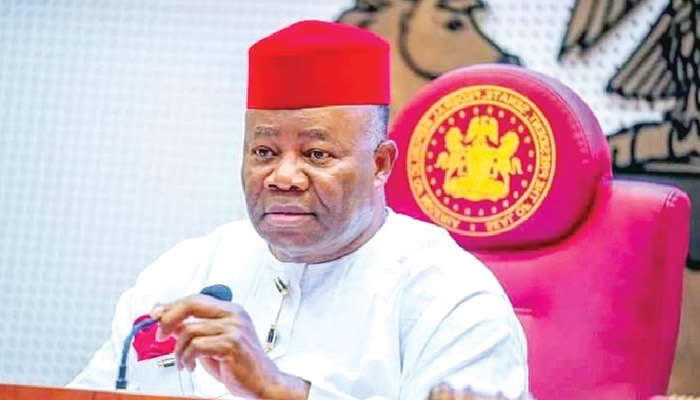Nigeria is at a critical juncture as it gears up for a long-overdue national census in 2025, a move championed by Senate President Godswill Akpabio to resolve the country’s persistent population data crisis. With estimates fluctuating wildly between 220 and 270 million, the absence of accurate figures since the last census in 2006 has been labeled a “national embarrassment.” Here’s why this initiative matters and what’s at stake for Africa’s most populous nation.
A Call to Action from the Top
On December 18, 2024, Senate President Akpabio made a passionate plea for immediate action during a visit from the National Population Commission (NPC). He underscored that reliable population data is the backbone of effective planning for education, healthcare, security, and economic development. Without it, Nigeria’s policymaking remains guesswork, undermining progress. Akpabio pledged the National Assembly’s support to secure funding and urged President Bola Tinubu to set a definitive date for the 2025 census, signaling strong political will to tackle this issue.
NPC’s High-Tech Solution
The NPC, led by Chairman Nasir Isa Kwarra, is over 75% ready and plans to deploy a biometric-based census to ensure accuracy and credibility. Announced at the Nairobi Summit anniversary on November 28, 2024, this approach aims to modernize data collection and address past controversies, like the disputed 2006 census results. Kwarra highlighted how delays have hampered progress in critical areas such as reproductive health and gender-based violence prevention, emphasizing the census’s broader societal impact.
Government Commitment and Budget Boost
The Federal Government is backing the initiative with a proposed N1.1 billion allocation for the 2025 census, a significant increase from N693.3 million in 2024. This funding will support Enumeration Area Demarcation, publicity, and stakeholder engagement. President Tinubu further demonstrated commitment by inaugurating an eight-man census committee on April 16, 2025, chaired by Minister of Budget and Economic Planning, Senator Atiku Bagudu. However, concerns about the committee’s lack of federal character have sparked debate, with critics warning of potential controversy if inclusivity isn’t prioritized.
Why the Delay Matters
Nigeria’s 19-year census gap—far exceeding the UN’s recommended 10-year interval—has forced reliance on foreign estimates, like the World Bank’s 218.5 million figure. This uncertainty has real consequences, from misaligned healthcare programs to inadequate educational infrastructure. The Senate, led by Senator Abdul Ningi on January 21, 2025, called the situation a “national disgrace,” while citizens like Amos Iorlaha and Michael Abe voiced frustration over the impact on social security and sustainable development.
Past attempts, including a postponed 2023 census that cost N200 billion, have raised questions about mismanagement. The House of Representatives is now probing these expenditures, adding pressure to ensure 2025’s effort is transparent and effective.
Challenges and the Path Forward
The road to 2025 isn’t without hurdles. The 2006 census was contentious, with states like Lagos rejecting results, and similar disputes could resurface if the process lacks credibility. Public anxiety is palpable, and the NPC must address concerns about data integrity and regional representation. The biometric approach is promising, but its success hinges on robust execution and stakeholder trust.
Why This Matters to Nigerians
A successful 2025 census could transform Nigeria’s development trajectory. Accurate data will enable targeted investments in schools, hospitals, and security, while empowering policymakers to address pressing issues like unemployment and gender inequality. For everyday Nigerians, it means a government better equipped to meet their needs.
Join the Conversation
As Nigeria prepares for this pivotal moment, what are your hopes for the 2025 census? Share your thoughts in the comments and let’s discuss how accurate population data can shape a brighter future for our nation.
Stay tuned for updates as we follow this critical journey toward ending Nigeria’s population confusion.
Join our Whatsapp channel to stay updated always!


